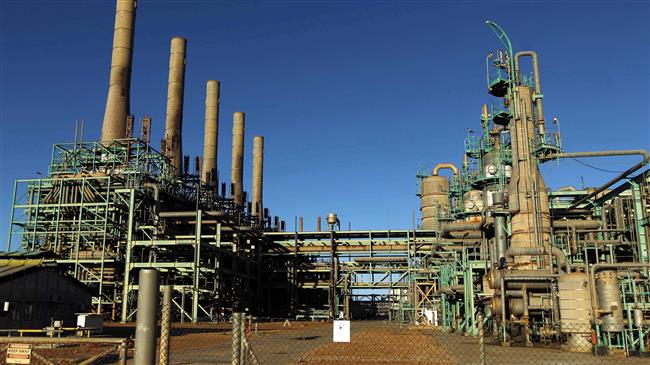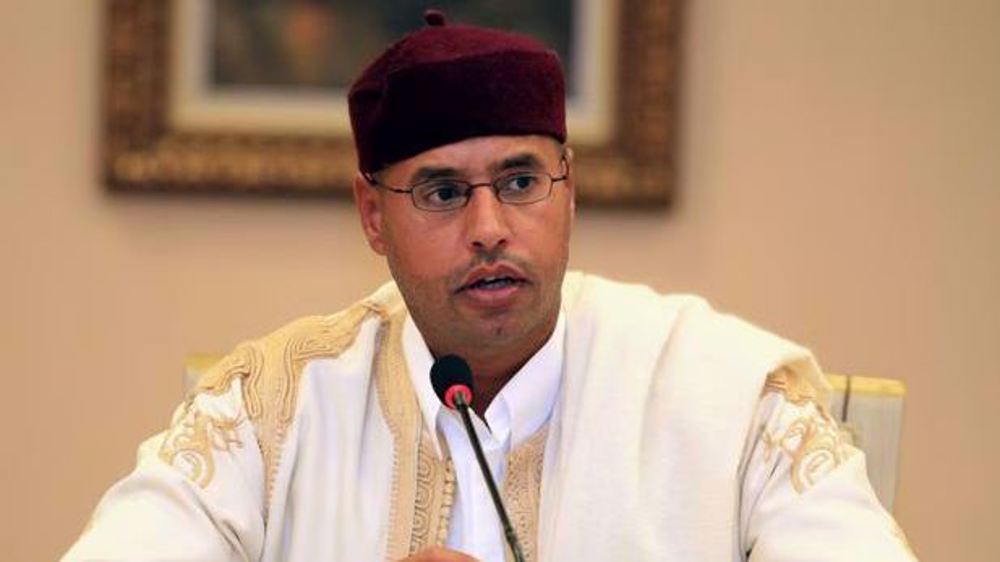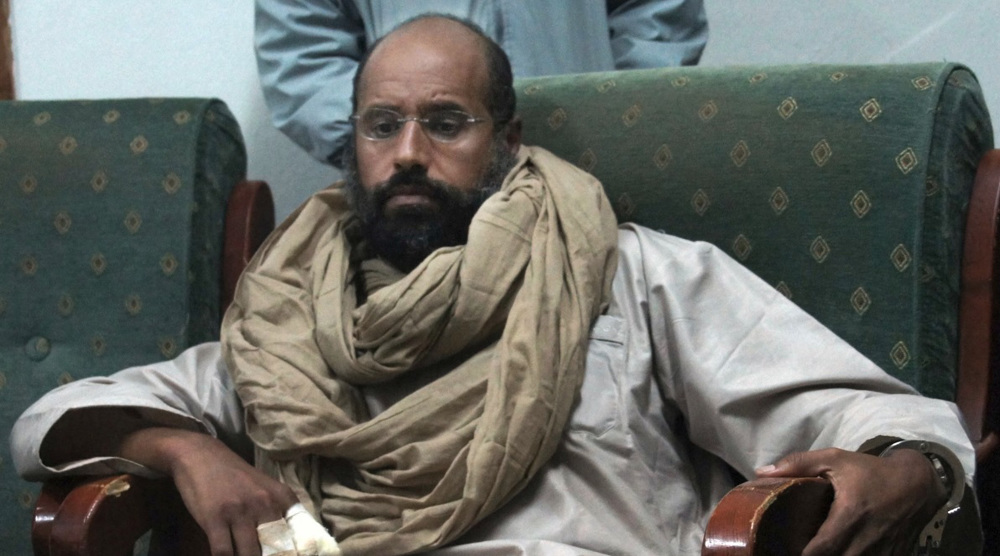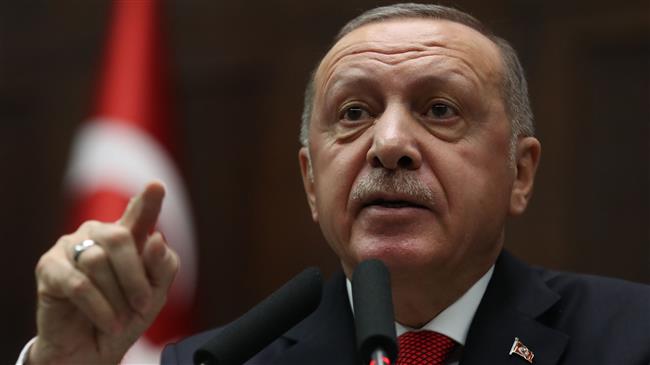Libyan state oil firm says output down 75% due to blockade imposed by Haftar’s militia
Libya’s National Oil Company (NOC) says its oil production has plunged by 75 percent since forces loyal to the country’s military strongman Khalifa Haftar laid siege to oil fields a week ago.
The NOC announced the news in a statement on Saturday, adding that the fall from 1.2 million barrels a day to just over 320,000 has caused estimated losses of $256 million since major oil fields and ports in the eastern and southern parts of oil-rich Libya were shut down.
Since 2014, two rival seats of power have emerged in Libya: the internationally-recognized government of Prime Minister Fayez al-Sarraj, known as the GNA, and another group based in the eastern city of Tobruk, supported militarily by Haftar’s militia, who are collectively known as the so-called Libyan National Army (LNA).
The rebels launched an offensive to capture the capital, Tripoli, in April last year, interrupting peace negotiations underway at the time. Despite intense fighting, Haftar has so far failed to achieve his objective and his offensive has stalled outside the capital.
On January 19, the NOC announced that the major southwestern fields of Al-Sharara and Al-Feel were closing after Haftar’s militia shut a pipeline, adding that the shutdown would cut oil production by 800,000 barrels a day. The LNA also blocked oil exports Libya’s main ports a day earlier.
The move to cripple the country's main source of income came after Turkey's decision to send troops to shore up Sarraj against Haftar's persisting offensive.
Experts say any lasting closure could hit Tripoli hard since the government relies on oil revenues to fund its budget.
According to NOC, exports have already been suspended at the ports of Brega, Ras Lanouf, Al-Sidra, Al-Hariga and Zweitina in the country's “oil crescent.”
Libya’s state oil firm also condemned the closure of valves at a pumping station in the southwest, which shut down production the major fields of Al-Sharara and Al-Feel.
Additionally on January 19, leaders from Turkey, Russia, Egypt, France, Italy, Britain, and the United States, as well as Sarraj and Haftar, attended a United Nations (UN)-backed summit in Berlin to help establish a “permanent” ceasefire between the warring sides.
The final communiqué of the day-long summit, the first such event since 2018, called on all the parties concerned in the conflict “to redouble their efforts for a sustained suspension of hostilities, de-escalation and a permanent ceasefire.” Participants also pledged not to interfere in Libya’s internal affairs and its conflict. They also agreed to “fully respect” the arms embargo imposed on the North African country by the UN in 2011.
However, Haftar refused to sign the joint communiqué produced in Berlin.
Turkey was determined to send troops to Libya following a military agreement reached between Ankara and Tripoli. However, a day after the Berlin summit, Turkish President Recep Tayyip Erdogan said that Ankara had not yet sent troops to war-torn Libya, stressing that his country had so far only deployed military advisers and trainers there.
The apparent retreat was due to the general agreement in Berlin to refrain from interfering in Libyan affairs.
Libya plunged into chaos in 2011, when a popular uprising and a NATO intervention led to the ouster of long-time dictator Muammar Gaddafi and his execution by unruly fighters.
US war on Iran burns past $1bn in early days, with total projected to exceed $95bn
US officials warn of challenges posed by Iranian drones
'We warned repeatedly about the limit to our patience': Hezbollah leader
IRGC announces 'blinding' US, Israel's eye in region; vows harsher retaliation coming
Iraqi resistance leader urges Americans to ‘reclaim’ country from Israeli ‘puppet Trump
Iran blasts US-Israeli use of autonomous killer systems against civilians as 'war crime'
US-Israeli aggression left Tehran with no choice but to defend Itself: President Pezeshkian
Iran urges immediate intl. action against US attacks on schools















 This makes it easy to access the Press TV website
This makes it easy to access the Press TV website